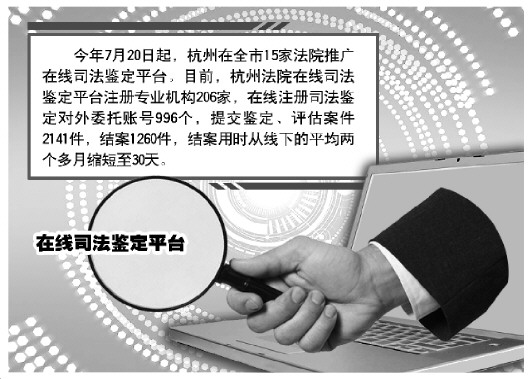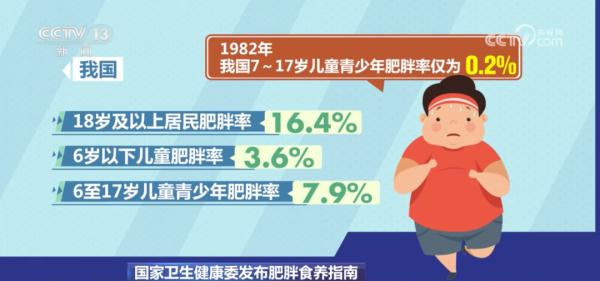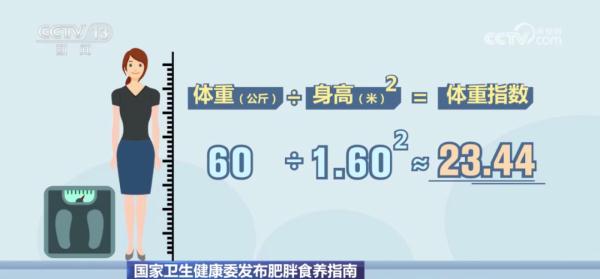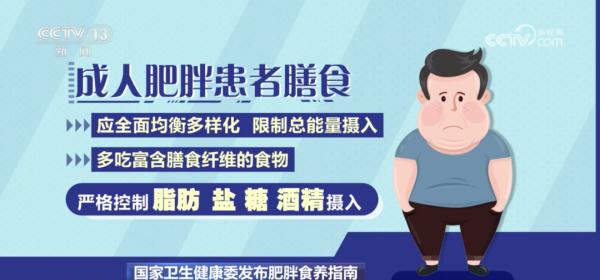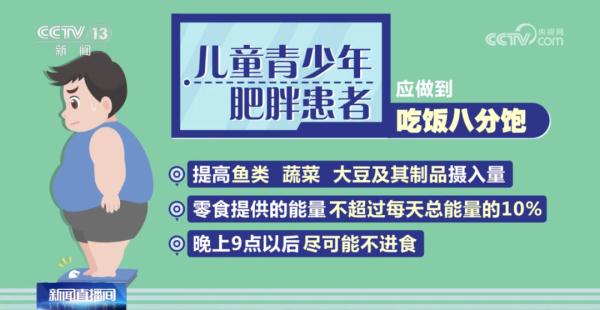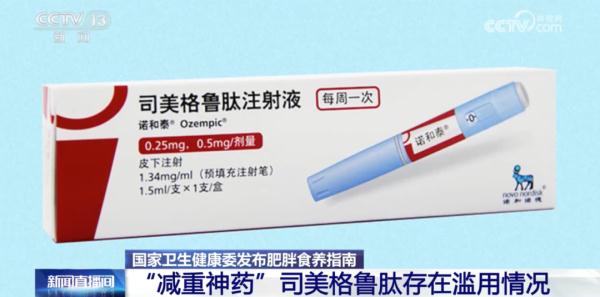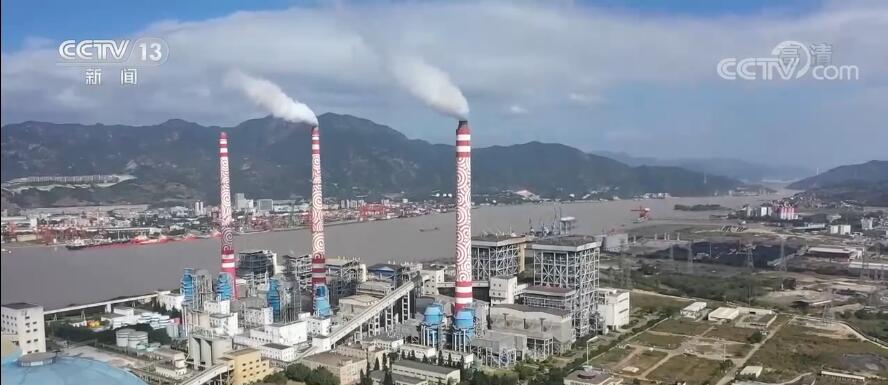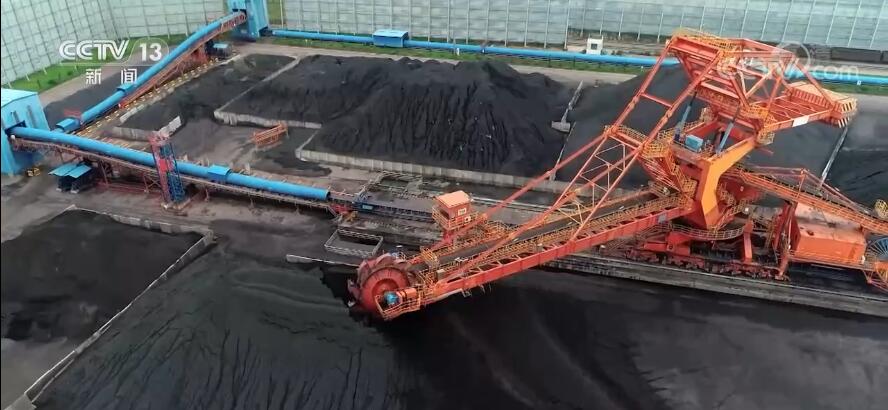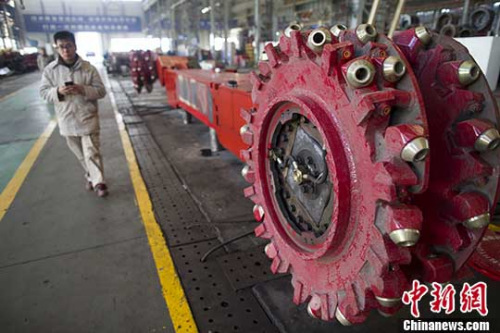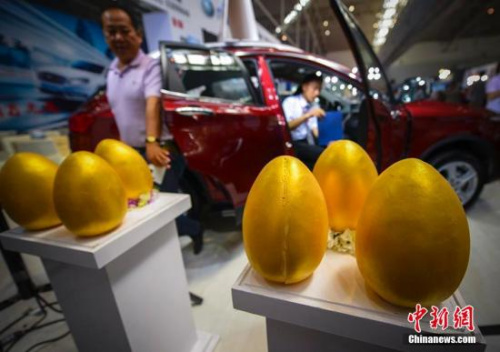How difficult was the ancient "college entrance examination" before the birth of the imperial examination system?
Dong Jun Gong
In the college entrance examination season in June, students from all over the country charged the university. Throughout the ages, it is quite difficult to stand out in a wide range of examination selection. When it comes to the ancient examination system, people generally think of the imperial examination system. In fact, the imperial examination system, which was popular in the Han, Wei, Jin, Southern and Northern Dynasties, is no less difficult than the imperial examination system. After evolution, this system gradually transited from "taking people by virtue" and "taking people by name" to "taking people by articles", and gradually changed from personal recommendation to unified examination. The reason for this change is that under the situation of "one in a million", the unified examination of "judging people by their articles" can ensure fairness to the greatest extent.
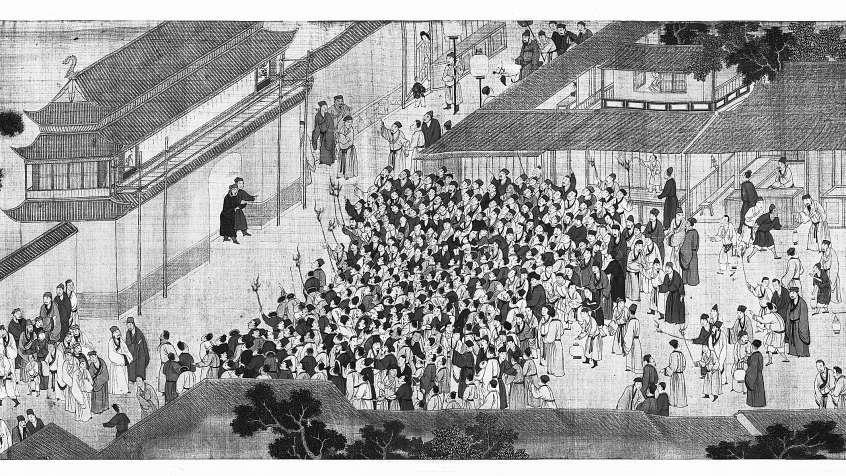
In Qing Dynasty, Liang Yi painted "Guanbang Tujuan"
Difficult subject
Emphasize the morality of Confucian classics
The imperial examination system, which was established in the Western Han Dynasty, passed through the Eastern Han Dynasty, the Wei and Jin Dynasties and the Southern and Northern Dynasties, and was replaced by the imperial examination system in the Sui Dynasty. It has existed for more than 780 years in the history of China, and it is one of the most important official selection systems. The procuratorial system selects talents to be officials by means of inspection and recommendation. After the implementation of Chaju in Emperor Gao of the Western Han Dynasty, after continuous improvement and revision in Wen Jingwu’s three dynasties, a hundred schools of Confucianism were ousted by Emperor Wu of the Han Dynasty, and a relatively complete inspection subject was gradually established, which is the so-called "four subjects" in later generations, namely: filial piety, virtue, scholar and different subjects. In the Eastern Han Dynasty, in order to avoid the taboo of Emperor Liu Xiu, the scholar was changed to Mao Cai. These subjects are not difficult to understand today. Filial piety is a filial people and a relatively honest official. In the Eastern Han Dynasty, it was collectively called filial piety. Virtuous and scholar are roughly literal, focusing on Confucian cultivation and moral conduct. Different subjects are talents in astronomy, calendar, financial management, water control and grain storage. It can be said that the early inspection focused on the study of classics and morality, but relatively little on the skills needed for government operation.
Why is this happening? It’s not that that era didn’t pay attention to technical talents, which was caused by specific historical conditions. On the one hand, Confucianism catered to the emperor’s idea of ruling the world at that time, on the other hand, Confucianism had a more perfect theory of governing the country by the family than other theories. After it became a political theory adopted by the rulers, the selection of officials was carried out according to the standards required by Confucianism.
For example, filial piety, the core subject of Chaju, has a cornerstone significance in Confucian ethics. In addition to Emperor Liu Bang and Emperor Guangwu Liu Xiu, emperors of the Han Dynasty all carried the word "filial piety" after their death in posthumous title. Then, from top to bottom, filial piety has also become the primary standard for scholars. However, when it comes to Chaju, it is not particularly serious whether an individual really has filial piety, as long as it conforms to the general ethics, and there is no need for excessive filial piety like Wang Xiang’s lying on the ice seeking carp or Guo Ju’s burying his son. For example, Shi Dan, the minister of Yuan Dynasty, Cheng Dynasty and Ai Dynasty in the Western Han Dynasty, was called Xiao Lian when he was young, and his filial piety was not specifically recorded in The Biography of Shi Dan in Hanshu. The real reason for being chaju is that he studied under Kuang Heng, a master of Confucian classics, specializing in the Book of Songs, one of the five Confucian classics, and his accomplishments in Confucian classics are very profound.
At that time, Confucian classics was the stepping stone to be an official. Under the strong stimulation of the procuratorial system, Confucian scholars everywhere devoted themselves to the study of Confucian classics with unprecedented passion. The wind of learning Confucianism in Shandong is particularly strong. In Dongping, there was a master Confucian named Xiahou Sheng, who was proficient in Shangshu. Later, the official was a teacher and was deeply respected by Emperor Xuandi of Han Dynasty. He lived to be 90 years old. After his death, the Queen Mother personally gave him 2 million yuan for his funeral, and all Confucian scholars in the world followed his example. Xiahou Sheng often teaches his students, saying, "If you have a clear understanding of the art, you will get blue and purple, which is like a handful of mustard ears. If you don’t know the classics, it’s better to go back to farming. " It’s easy to learn the Five Classics well, but it’s better to go home and farm if you don’t learn well. Although this statement is a bit too materialistic, it really hit the point that the imperial examination system at that time was mainly based on Confucianism, so it became the consensus of Confucian scholars in the Han Dynasty.
However, will it lead to the weakening of the skills of the talent team if we just focus on the Five Classics? The answer is yes. In the Han Dynasty, the inspection of the officials of grammar has been carried out simultaneously, and professional skills such as "the skill of the first king in the Ming Dynasty", "the disaster of Yin and Yang in the Ming Dynasty", "the doctor", "the man who knows the art of war" and "managing the prison" have been introduced, and a certain number of officials have been selected to meet the needs of government operation. At the end of the Western Han Dynasty, Wang Mang usurped the political power to punish the shortcomings of the abnormal emphasis on Confucian classics in the Yuan Dynasty, and suddenly launched a series of new subjects, such as notifying Yijing, ancient records, astronomy, calendar calculation, clock rhythm, primary school, history, alchemy, materia medica, etc., which were recommended by thousands of people all over the country at once, setting the highest in the Han Dynasty. Wang Mang is notorious for usurping the Han Dynasty, but his reform measures are not all groundless, and some are also adjustments made for social problems. Later, Liu Xiu recreated Liu Han, and some of Wang Mang’s practices were changed and retained, such as Yin-Yang studies, celestial calendar calculations, laws and so on, which were all inherited.
Wei Ji, minister of Cao Weishi, wrote that there were too few judges selected in the inspection, and it was not enough to rely on the limited annual supplement, and the social orientation was wrong, which was biased against the judges. Wei Ji said: "Criminals are contemptible; The jailer, and the user is humble. " Emperor Cao Wei attached great importance to this proposal, so he set up a doctor of law in Tingwei Department as a supplement to the inspection. In modern terms, it is probably called "training by industry". Later, they became accustomed to each other and continued until the Southern and Northern Dynasties.
Fewer places
One in 200,000 people.
According to the inspection system, the vast majority of those who are inspected can be officials, which was called "releasing brown" in ancient times, that is, taking off the cloth and wearing the official uniform of "wearing purple and yellow". Because of its good prospects, it is very difficult to be selected.
The first difficulty is that there are too few places. At the beginning of the Western Han Dynasty, each county and country inspected two people every year. The country was a vassal state set up by the princes of the Western Han Dynasty. After the deduction, the number of counties owned by the vassal state was slightly less than that of counties, which was roughly the same as that of counties. The number of counties and countries in the Western Han Dynasty increased with the increasing population, with 103 counties and countries in the Han Dynasty. Roughly speaking, there are only 206 examiners in China every year. Not only less, but also unfair. The population distribution among counties and countries is uneven. For example, there are as many as 2.596 million people in Runan County (now Zhumadian, Henan Province, south of Zhoukou), while there are only 219,000 people in Jiangxia County (now east of Wuhan, Hubei Province), with a difference of more than ten times, but the number of people in Chaju is two. Later, the Eastern Han Dynasty made adjustments. According to the head count, every 200,000 people were inspected once a year, small counties with less than 200,000 people were inspected once every two years, and pocket counties with less than 100,000 people were inspected once every three years. In addition, we will take care of the border areas. In the border counties, there will be one person in three years with less than 50,000 people, one person in two years with less than 100,000 people, and one person in each year with more than 100,000 people. Even according to this ratio, the peak population of the Eastern Han Dynasty is about 50 million, and the number of Chaju people is between 250 and 300. 200,000 people choose one, which is fierce competition.
Secondly, the difficulty lies in the selection method. The implementer of the inspection tour is called the advocate, and is generally filled by the chiefs of the three offices and nine ministries, as well as senior officials such as the county chief. The selection method is mainly based on usual understanding and face-to-face conversation. This means that ordinary people want to enter the sight of the Lord, or they are always very virtuous and talented, and their reputation is far-reaching, so as to attract the attention of senior officials and dignitaries. Otherwise, the fragrance of wine is afraid of the depth of the alley, and even if it is full of knowledge, it will inevitably be buried for life. In order to make the investigation well-founded, Liu Xiu, Emperor Guangwu of the Eastern Han Dynasty, wrote a letter to clarify four specific standards: first, noble virtue, innocent ambition; The second is to learn to practice, and to be a doctor in the middle school; Third, the Ming-da law is enough to make a decision, to ask questions about the case, and to make suggestions in the text; Fourth, he is resolute and resourceful, and he is not confused by things, and he is clear enough to make a decision before he is appointed as a third assistant. Although it is still a little more ambitious and lacks practical skills, it has made great progress than the Western Han Dynasty. Because Liu Xiu started from the bottom, he paid more attention to practical ability. However, the top-level design is good. When it is used, the emperor can’t always pay attention to the grassroots. The actual selection of the inspection is mostly operated by the county guards, and people who rely on impressions and relationships are everywhere.
According to Ying Shao’s "Customs Pass" in the Eastern Han Dynasty, there was a sheriff named V Shigong who took care of his "same age" when he was in Chaju, that is, his colleague who was an official in Chaju in the same year. The Fifth Duke worked as a satrap in Guanghan, and the eldest son of Uncle Liao, Duan Jiu, who was the same age as Situ Changshi, went to Nanyang as a satrap. He also took Cai Yan, the younger brother and son of Cai Boqi, the satrap of Donglai, as officials. Uncle Duan Liao’s family had two sons, the eldest son Duan was dull and mediocre, while the second son Duan Kun was outstanding. The fifth generation of the public recommended the bad and eliminated the good, probably to solve the problem of the eldest son’s career advancement for Duan’s family. The Cai family has produced two filial piety for two years in a row. How can it not be criticized when the number of places in the inspection is so small? Cai Zan was fourteen years old, and he was not qualified for the official position at all. In order to avoid revealing the facts, the Cai family made him say that he was ill. After four years, at the age of eighteen, he was appointed as Pingchun Chang (the county magistrate of a small county). He had no work experience and had to write to ask for a new post of Suwei.
There are many frauds
Examination system to prevent corruption
In the Han Dynasty, the children of civilians were limited by the number of places and methods, so it was difficult to be inspected, and it was normal to leave pearls in the wild. In the Wei and Jin Dynasties, due to the great development of the gentry class, Confucianism temporarily fell into a low tide, and the evaluation system marked by the Nine-grade Official Law sprang up suddenly. There were no poor people in the top grade and no gentry in the bottom grade, and the qualification of inspection was basically monopolized by the gentry. It was even more difficult for ordinary people to be an official through inspection. Some people of insight realized the problem and began to carry out reforms.
The symbolic reform is the Yangjia new system initiated by Zuo Xiong, the minister of the Eastern Han Dynasty. The first year of Emperor Shundi Yangjia in the Eastern Han Dynasty (AD 132) was the 107th year of the founding of the Eastern Han Dynasty. Over the past hundred years, the aristocratic strongmen became more and more powerful, and the procuratorial system was influenced by the aristocratic strongmen. The phenomenon of favoritism, trust between your officials and unfairness in procuratorial work became more and more serious, and bureaucratic families such as four generations, three generations and three generations appeared frequently. Some honest officials came forward to oppose cheating in the inspection and almost paid the price of their lives. For example, Shi Bi, the chief of Hedong County, flatly refused Hou Lan’s request for help, and also killed the person who sent a message to Hou Lan as an example, resolutely defending the fundamental principle of "choosing people to serve the country" in the procuratorial system. Hou Lan became angry from embarrassment, colluded with senior officials such as Si Li, a captain and Ting Wei, put Shi Bi on death row and abandoned the city on charges (that is, put to death in public). Fortunately, a man named Wei Shao, Xiao Lian, felt sorry for Shi Bi’s integrity and sold his property to raise money to bribe Hou Lan, so as to be exempted from Shi Bi’s capital crime.
This extreme event was a big outbreak of the drawbacks of the procuratorial system in the middle of the Eastern Han Dynasty, which forced the Han court to make adjustments. Shangshu ordered Zuo Xiong to change the inspection system. There are two core policies: First, set an age limit. Generally, the object of inspection should be at least 40 years old. If it is true that "there are talents in different professions", you can also make an exception. The second is to establish an examination system, "all students try their best to learn the family law, and officials teach notes." This means that Confucian scholars should examine Confucian classics, while literati should examine the skills of writing chapters and laws.
The age limit is not unusual, and the examination system is a milestone breakthrough in the inspection system. In the Western Han Dynasty, there were occasional examinations on Confucian classics, but they were sporadic and rare, and any emperor held them once on a whim, and there was no definite law. Zuo Xiong established it as a law, which greatly increased the certainty and regularity of operation, so that everyone could compete according to a relatively clear rule. This article is to prevent the powerful families from hooking up with each other and asking for help. After the implementation of the new Yangjia system, Zuo Xiong personally checked the implementation of each county. Because Jiyin County rashly recommended a filial piety who was under 40, Zuo Xiong initiated a check and rectification, and dismissed more than ten officials, including Hu Guang, the satrap of Jiyin who violated the inspection system. After that, all localities were afraid of it for more than ten years, and the inspection atmosphere in the Han Dynasty was one of them.
The system of "Nine Grades" is a reform made by Cao Wei in another direction. In the late Eastern Han Dynasty, there was a bad tendency, that is, to raise officials by name. In order to win the attention of officials, many people do whatever it takes to create filial piety, talent and so-called festivals to attract the attention of officials. For example, there were three brothers, Xu Jing, Xu Yan and Xu Pu, in Huiji County during the Han and Emperor Dynasties. Xu Jing thought of a clever plan to make all three brothers win high fame. He occupied the fertile farmland mansion and a large number of slaves at home, and his two younger brothers earned very little, which earned him the reputation of "Kerang" and was recommended by the county. Xu Jing then returned the property of his two younger brothers three times, which in turn won the name of filial friend. He actually succeeded in deceiving the county chief and was also recommended. This kind of filth has seriously damaged the atmosphere of inspection and examination, and its root lies in the fact that the right to evaluate the reputation of scholars is exercised by the people, and the official can’t control it, which leads to oversight. Jiupin Zhengzhi system was established to correct this deviation, and its system soul is to set up Zhengzhi officials in various counties and counties, and to take the scholars’ evaluation power back to the official. It’s just that this system is born with the gene of serving the gentry. After its implementation, it has not only failed to get rid of the disadvantages of choosing scholars by name, but has become a tool to safeguard the privileges of the gentry, which is a big violation of the original intention of the inspection.
There were also some reforms in the procuratorial system in the Northern and Southern Dynasties, but the direction became clearer and clearer. Taking people by virtue and fame is becoming secondary because of strong subjectivity, while taking people by literature and taking people by ability is becoming more and more important, especially in the Northern and Southern Dynasties. In the Southern Dynasties, the system of strategic examination and examination was established, the procedure of selecting officials was more and more rigorous, and the examination direction was more and more focused on practice and literary talent, which was the embryonic form of the imperial examination system.
